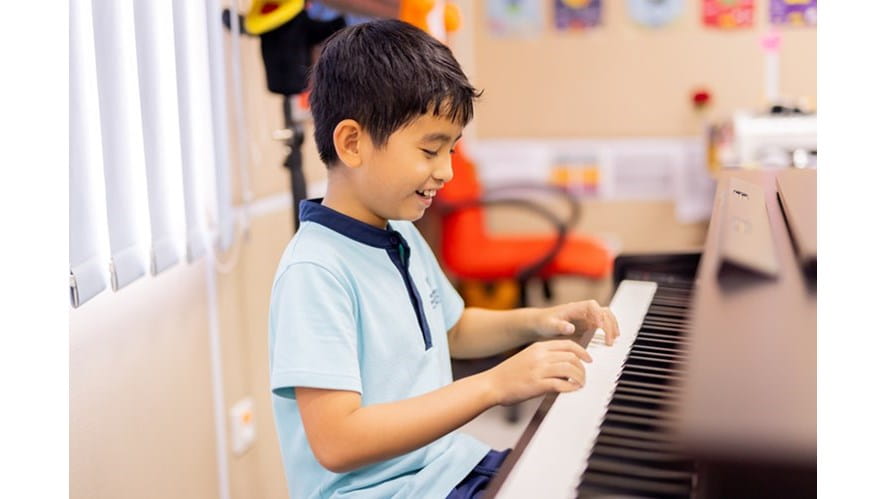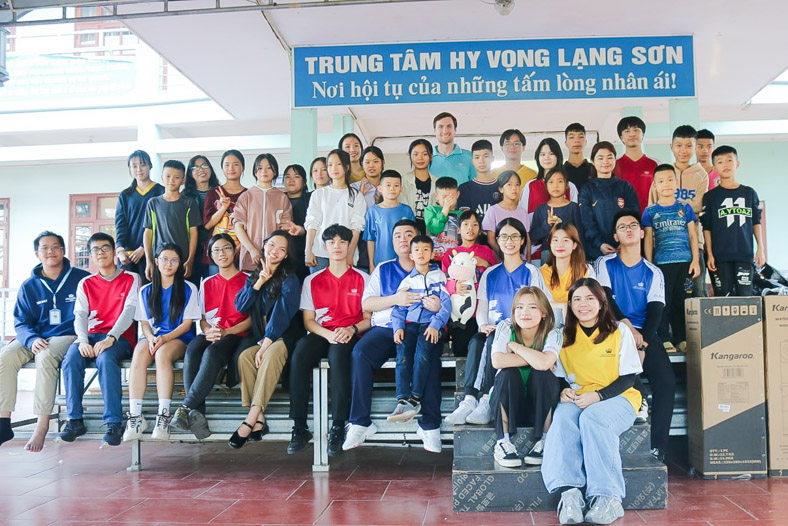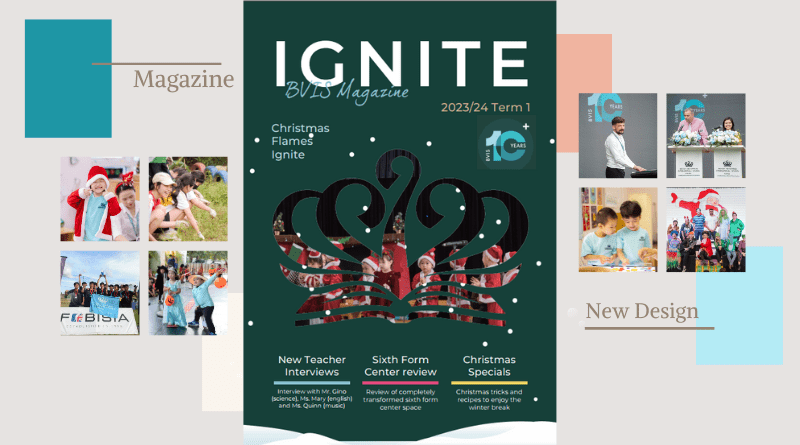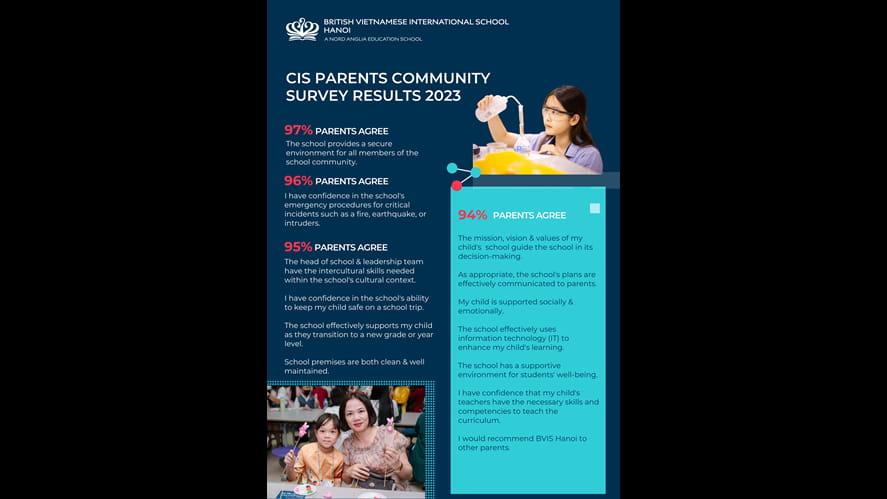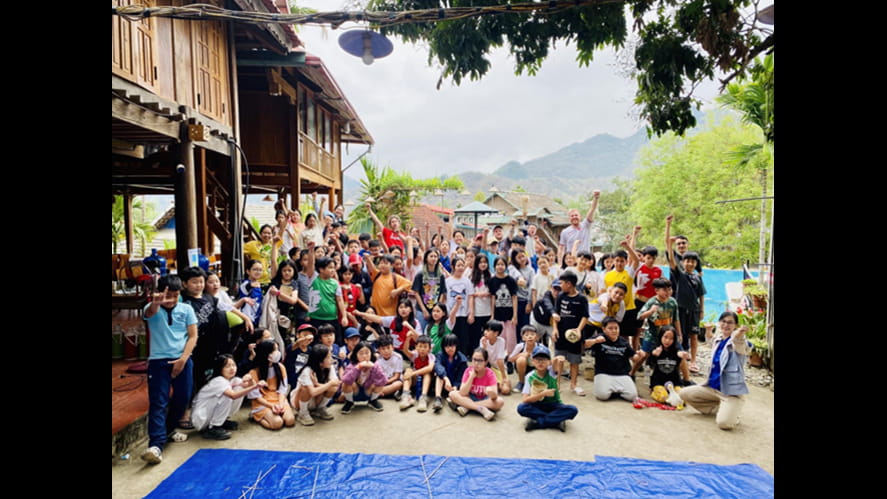Early Years & Primary Weekly Updates (7/11 - 11/11) Weekly letter from Head of Primary - Mr Malcolm Wood
Dear parents
Our children are producing so much great work in STEAM that I recently had a request from a STEAM teacher for more display space to share all the great learning that is going on in lessons.
As well as two dedicated class teachers, children in BVIS Primary have skilled specialist teachers for Music, PE and STEAM. It is likely that you experienced Music and PE at school, but probably not STEAM. Some of you may wonder what STEAM actually is.
STEAM stands for science, technology, engineering, art, and maths. It proves that people don’t have to be either analytical or creative — they can be both at the same time! Even though engineering, technology and science were not traditionally taught in primary school, our STEAM curriculum is child-friendly. STEAM sparks a love for the arts and sciences at an early age.
In traditional education, students play a passive role when learning. They are expected to absorb what’s taught to them by their teachers. As a result, children may not have a chance to fully develop their critical thinking skills. It could also limit a child’s natural curiosity.
On the other hand, in STEAM, we encourage pupils to be always curious. We focus on practice not theory, creation not replication. The STEAM approach encourages children to ask questions and have discussions, nurturing their natural curiosity. They’ll also learn to share their own ideas which can improve their social skills.
STEAM can also cultivate your child’s independence, training them to perform tasks independently to develop their confidence.
If you are interested in complementing this approach at home, you could help your children to expand their skills, without discouraging their natural creativity. For example, in the kitchen, you could let them design and make their own fruit salad, sandwich or pizza, or experiment with adjustments to a familiar recipe. There is a lot of science and art in cooking. Afterwards, you could discuss with them how their dish turned out. What went well? What would they do differently next time? Any mistakes are a great learning opportunity.
I will see some of you at the Fun Run this Sunday.
Kind regards
Malcolm Wood (Mr)
Head of Primary

